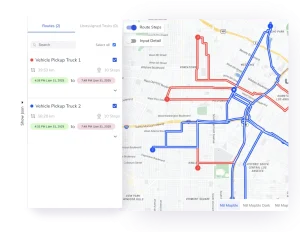Business Information Systems

A business information system helps businesses track profitability, manage inventory, and respond to customers’ needs. These systems also improve financial management and give business owners and stakeholders access to valuable information. Having this data in one place helps companies save time and money and provide optimized insight. For example, the data provided by incoming customer transactions can help company leadership determine which products and services to introduce to the market.
Transaction processing systems are integrated systems that integrate input, process, output, and feedback. During the input stage, users input data, which software programs then process and present it in a structured format. For example, an online air ticket booking system receives data from users and then generates an airline ticket. Transaction processing systems are typically used by departments within a business, such as accounting, sales, and customer service.
A business information system is a complex system of interconnected components that collect, manage, and store valuable information. A sophisticated system can help companies stay ahead of their competitors by monitoring their employees, keeping managers coordinated, and facilitating direct communication with suppliers, manufacturers, and dealers. An effective information system can also help businesses control their internal and external processes.
A business information system should be proactive and responsive to changes in users’ information needs. It should also be able to respond to these changes in real time. Often, managers can become engrossed in routine activities or mimic competitors, which prevents them from making informed decisions. Business information systems should be designed to be cost effective and flexible to meet the needs of users.
A decision-support system can provide small-business owners and managers with predefined and ad-hoc reports that can help them make decisions. Decision-support systems also help business owners assess the impact of decisions before implementing them. Users can also receive answers to questions using data summary reports. Often, the business information system also includes an interface for selecting goals and key performance indicators.
BIS students gain experience making business presentations to key stakeholders, gain hands-on experience with state-of-the-art technologies, and complete an applied capstone project or portfolio of work. The BIS degree prepares graduates for immediate employment in a variety of related fields. The field of business information systems has a very high employment growth rate and a variety of career paths.
A business information system includes data storage, networks, and business-specific programs. Students learn about business-specific software, networking, and platform technologies. They will also study the fundamentals of information systems development and management. A business information system is a vital component of an organization. These systems help companies run their interorganizational supply chains, electronic markets, and manage human resources.


